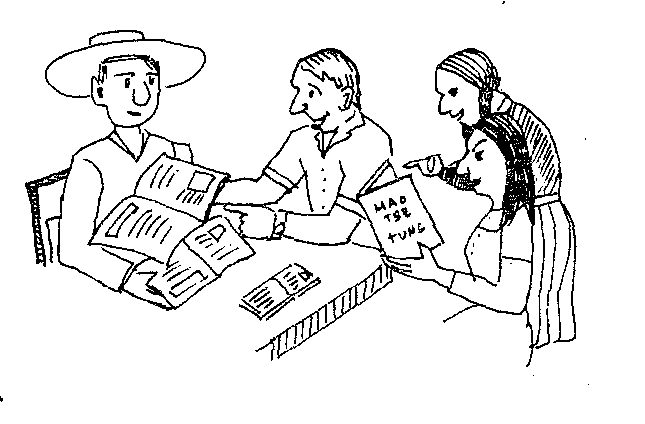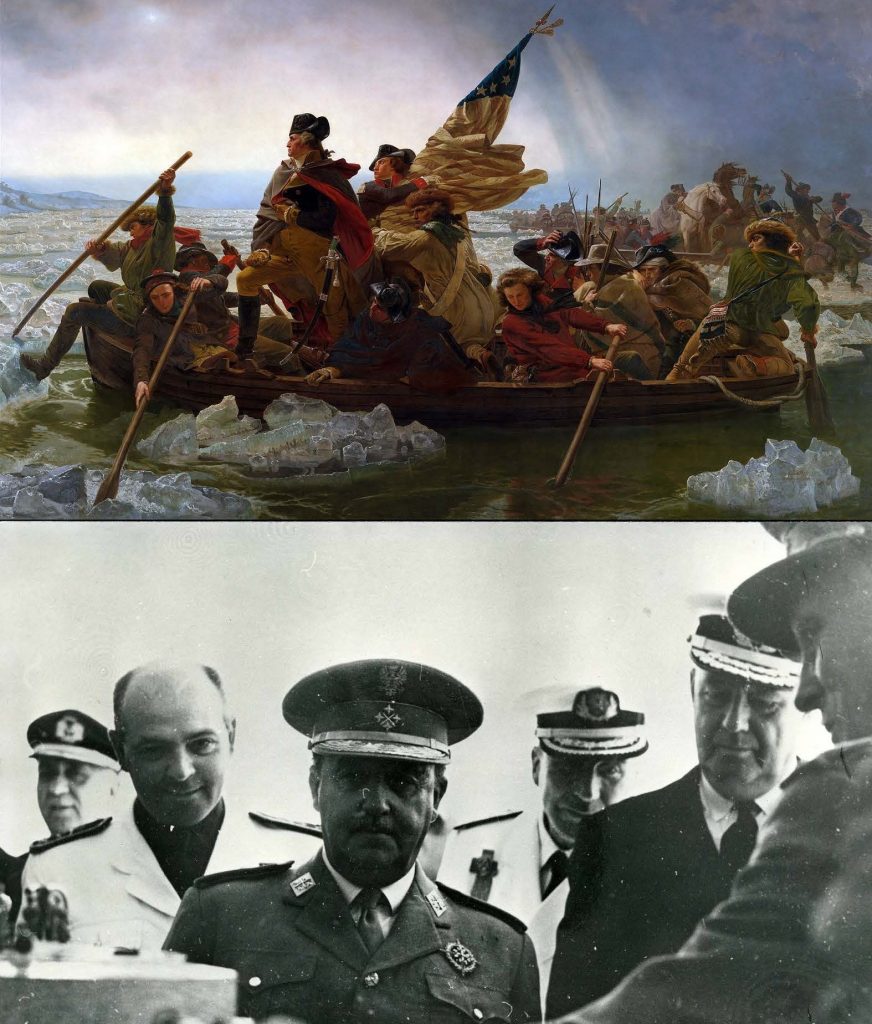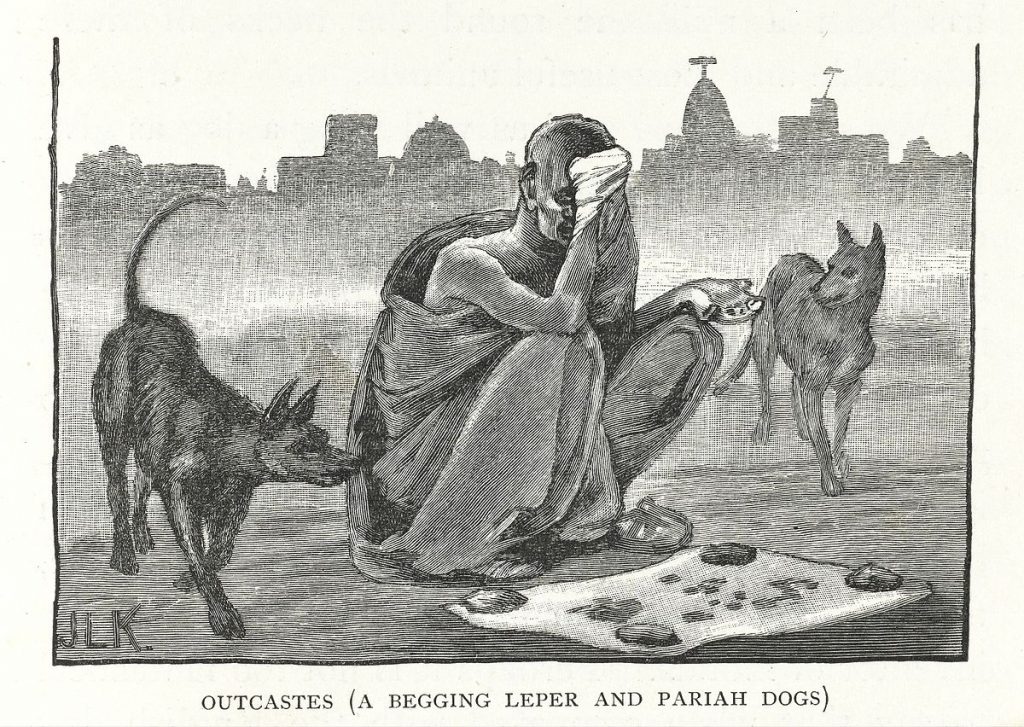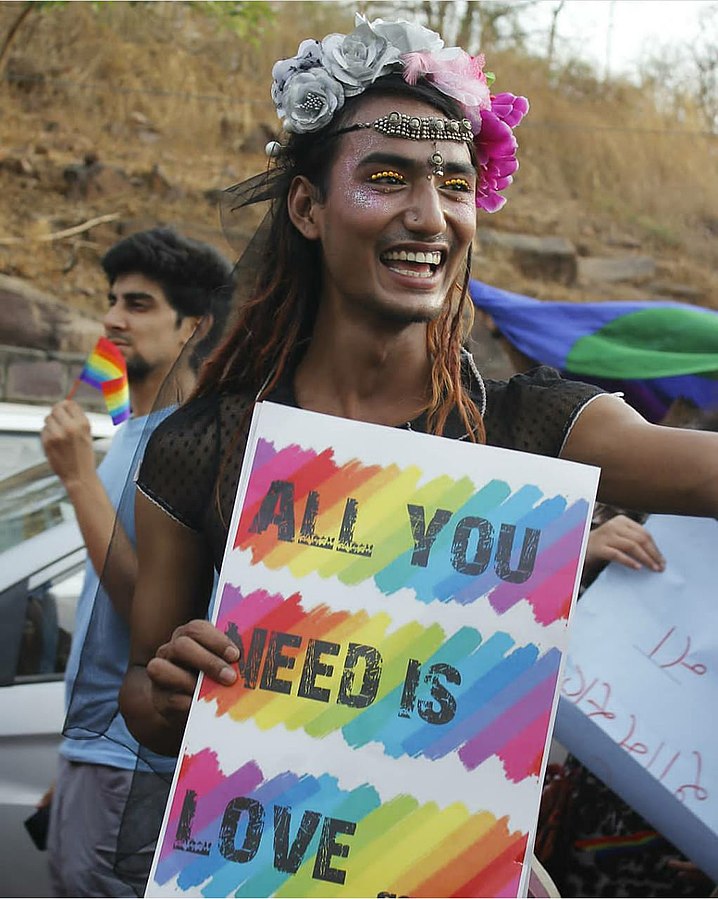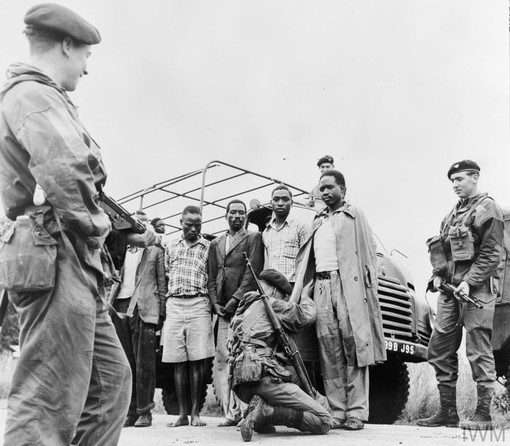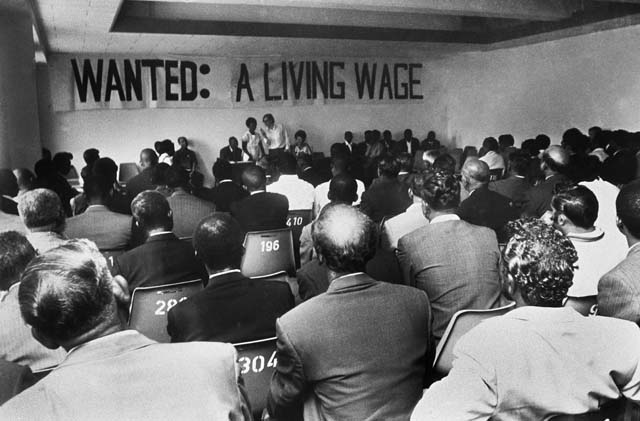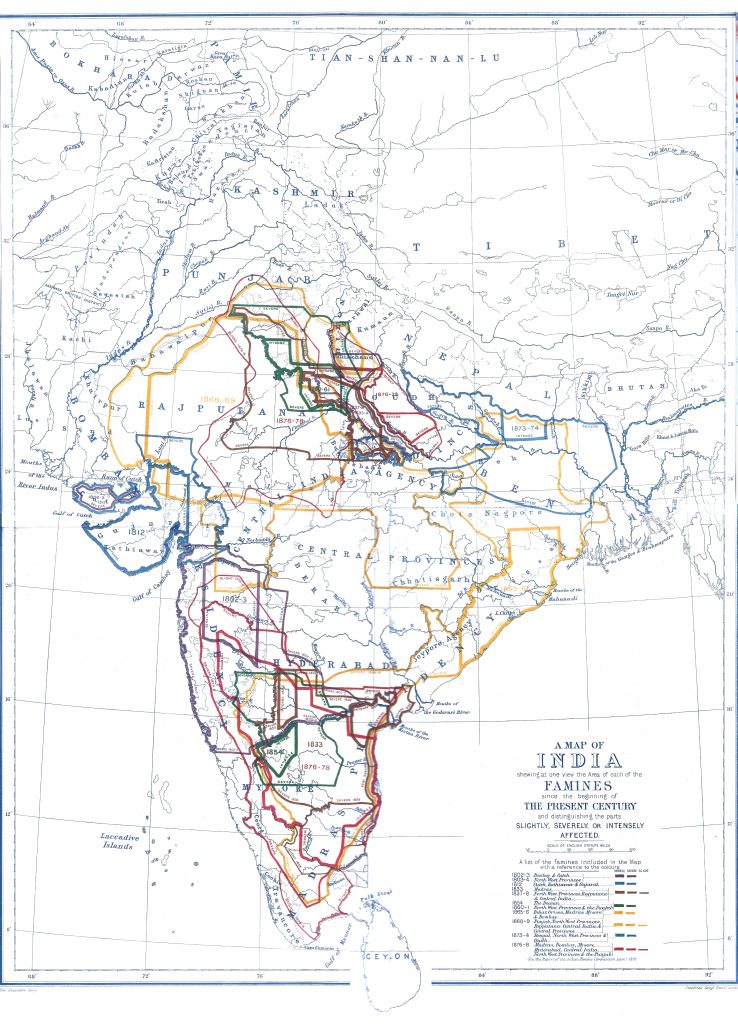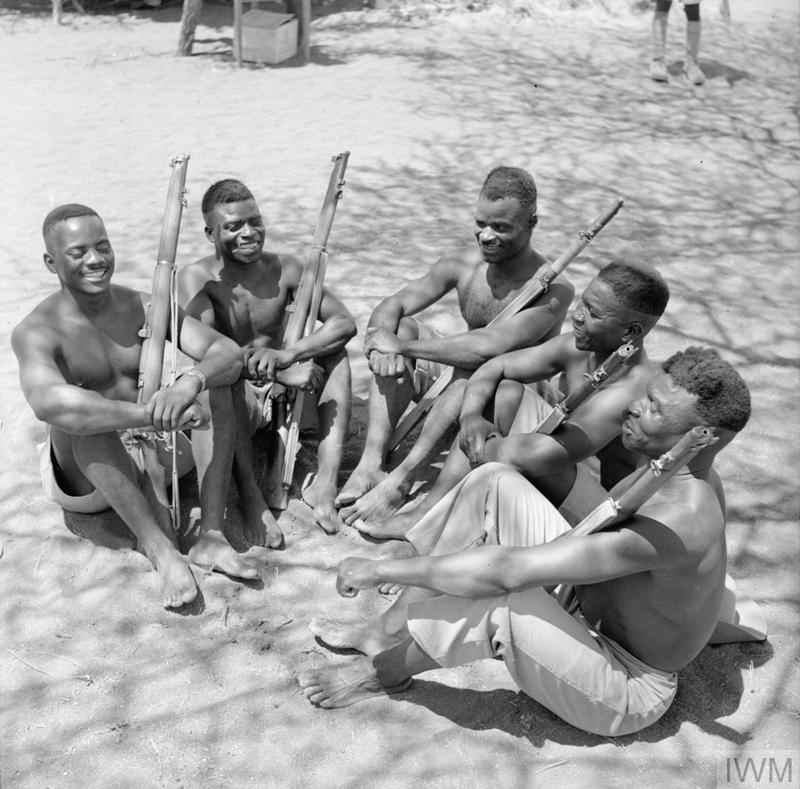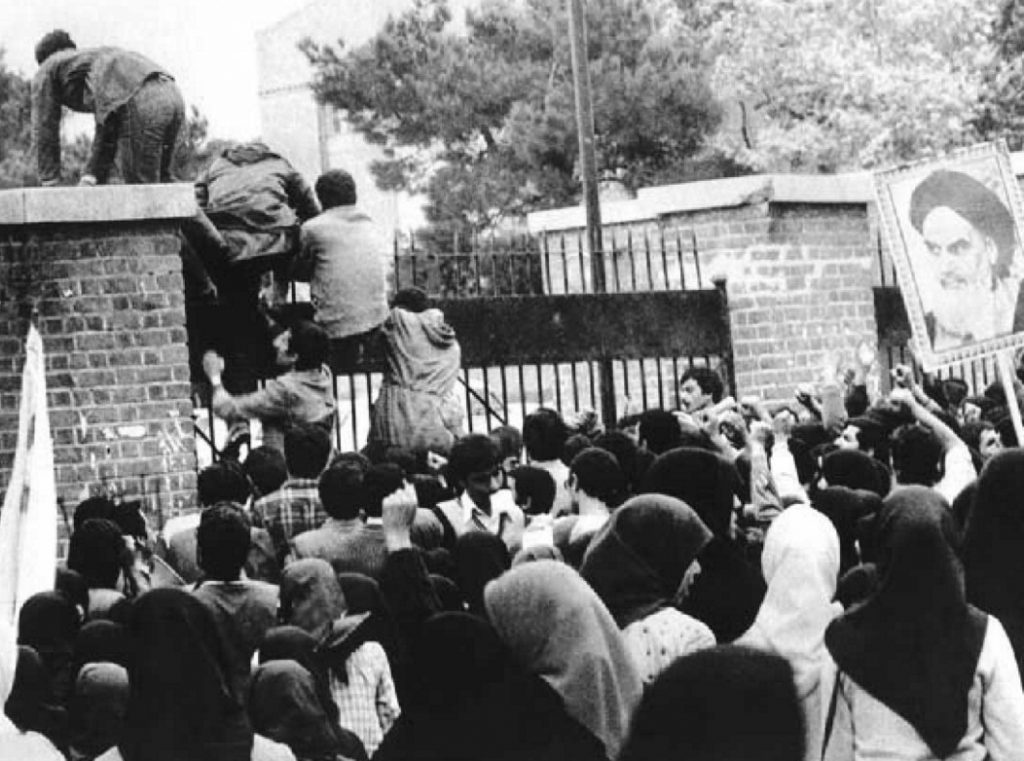By Jorge Puma The men always made themselves from the material world from rich villas or the slums “El Mayor” by Silvio Rodríguez The triumph of Mao Zedong and the People’s Republic of China’s proclamation in 1949 caused a frenzy among the American anti-Communist establishment. A wave of persecution destroyed lives and reputations throughout […]
Posts
By Austin Clements. Twitter: @ClementsAustinJ In the American mind, the Spanish Civil War (1936-1939) was a romantic adventure. Idolized in novels and film, such as Ernest Hemingway’s For Whom the Bell Tolls and popular non-fiction such as Adam Hochschild’s Spain in Our Hearts, brave Americans defied their nation’s craven neutrality to embark on a noble […]
By Yasmina Martin On November 13th, 1970, The Standard, a major Tanzanian English-language newspaper, published an article detailing tumultuous events at the University College, Dar es Salaam. A group of radical students organizing as the University Students African Revolutionary Front (USARF) had been shut down by the government, and their journal, Cheche, was ordered to […]
By Ankit Kawade Max Weber begins his treatise Ancient Judaism with the following comparativist premise: “The problem of ancient Jewry, although unique in the socio-historical study of religion, can best be understood in comparison with the problem of the Indian caste order.”[1] Weber’s premise of studying Jewish religious history in comparison with the caste order […]
By Rianna Price Within the studies of medicalization of deviant same-sex desire, the landmark removal of homosexuality as a disorder from the DSM-II (Diagnostic and Statistical Manual of Mental Disorders) is often seen as a watershed moment for changing medical attitudes. What was once a sin had become a crime before being treated as a […]
By Niels Boender The sudden ubiquitousness of debates about historical memory, driven by important awakenings regarding systematic injustices, have thrust historians to the centre of what is now popularly called ‘the culture wars’. This offers an opportunity for historians to share their findings in ways that palpably impact understandings of global and national histories, as […]
By Mattie Webb Following the 1976 Soweto uprising, the international press derided the ongoing episodes of South African police violence against youth protestors, compelling some multinationals to reconsider their operations in a country that denied human rights to the majority of its population. The United States has a history of investment with South Africa. Dating […]
By Emma Wordsworth Food, despite being both a biological necessity and a symbolic cultural touchstone, has only recently been recognised as a major historical force. As historian David Arnold persuasively argued in 1988, “food was, and continues to be, power in a most basic, tangible, and inescapable form”.[1] Certainly, in the early 1870s, the issue […]
By Lauren Brown. ‘To the people death knows no colour, and, as such, rates of pay should be adjusted in that spirit.’[i] This statement, featured in the West African Pilot in 1941, encapsulates a key issue faced by British African soldiers who fought during the Second World War. It is an issue that has still […]
By Sami Risk. As we approach the 2020 US presidential election, we may consider one of the more controversial acts committed by the Trump administration – the unilateral retreat from the Joint Comprehensive Plan of Action (JCPOA) on 8th May 2018. Not only did it bring into question the legal principle pacta sunt servanda – […]
